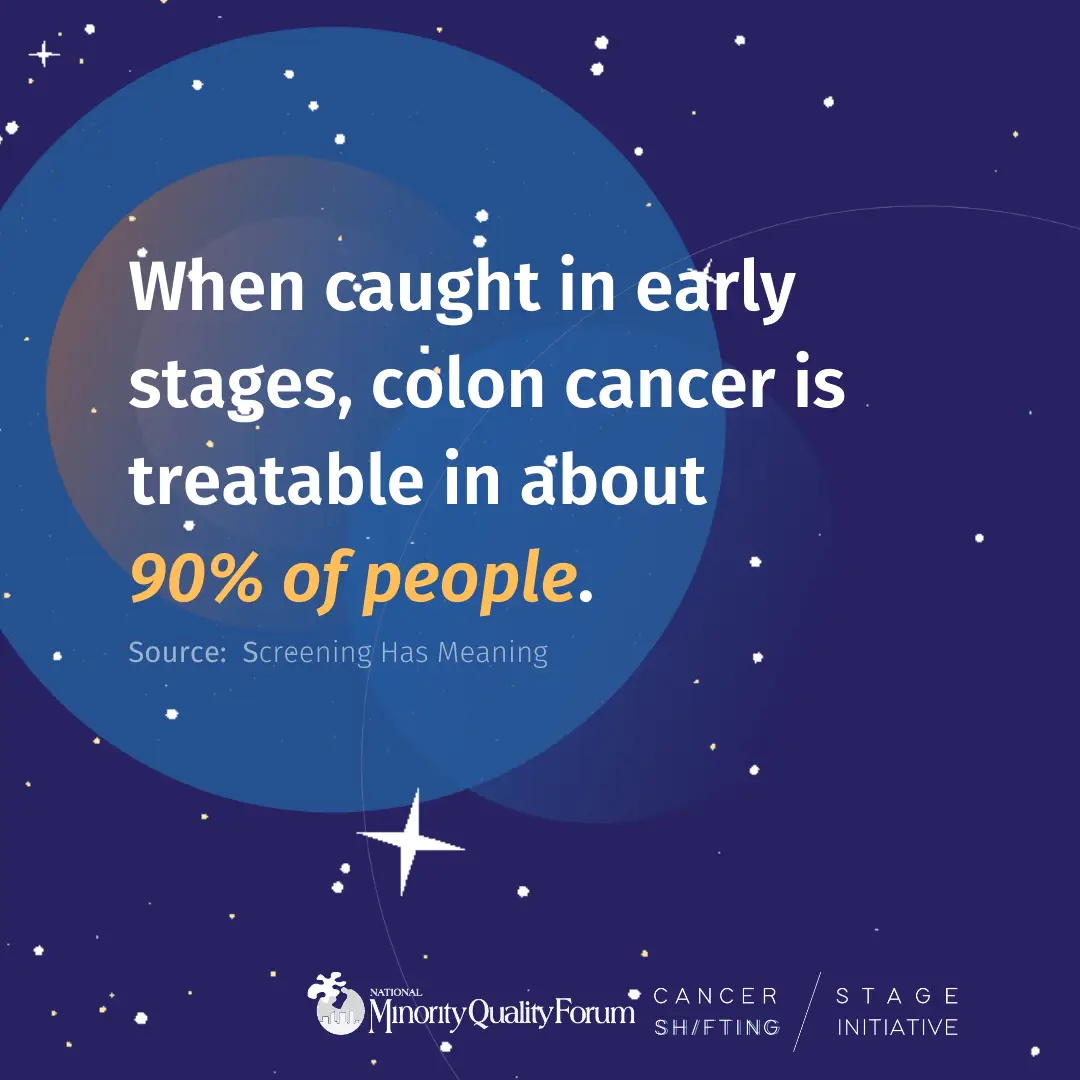prostate
Improving Prostate Cancer Outcomes for Latino Men Through Awareness
Prostate cancer is the most commonly diagnosed cancer among Latino men, with 17,000 diagnoses and 2,000 deaths annually.
While issues like a lack o...
Moffitt study shows genomic testing can identify African American prostate cancer patients with high-risk disease
African American men tend to be diagnosed more frequently with prostate cancer and have higher mortality rates than men of other races and ethnicit...
Combating a killer: Prostate cancer in the African American community
Before she began medical school, Fornati Bedell, M.D., M.H.D., studied public health at Johns Hopkins University. She fondly recalls her first job....
Genomic Testing Can Identify African American Prostate Cancer Patients Who Have High-risk Disease
Credit: Unsplash/CC0 Public Domain
African American men tend to be diagnosed more frequently with prostate cancer and have higher mortality rates ...
Racism and prostate cancer: a multilayered issue.
Prostate cancer is more common in Black men than in white men — one in six Black men in the United States will develop the disease, compared with o...
A Recurrent ADPRHL1 Germline Mutation Activates PARP1 and Confers Prostate Cancer Risk in African American Families
African American (AA) families have the highest risk of prostate cancer (PC). However, the genetic defects contributing to PC in these families rem...
Trending Topics
Features
- Drive Toolkit
Download and distribute powerful vaccination QI resources for your community.
- Health Champions
Sign up now to support health equity and sustainable health outcomes in your community.
- Cancer Early Detection
MCED tests use a simple blood draw to screen for many kinds of cancer at once.
- PR
FYHN is a bridge connecting health information providers to BIPOC communities in a trusted environment.
- Medicare
Discover an honest look at our Medicare system.
- Alliance for Representative Clinical Trials
ARC was launched to create a network of community clinicians to diversify and bring clinical trials to communities of color and other communities that have been underrepresented.
- Reducing Patient Risk
The single most important purpose of our healthcare system is to reduce patient risk for an acute event.




















